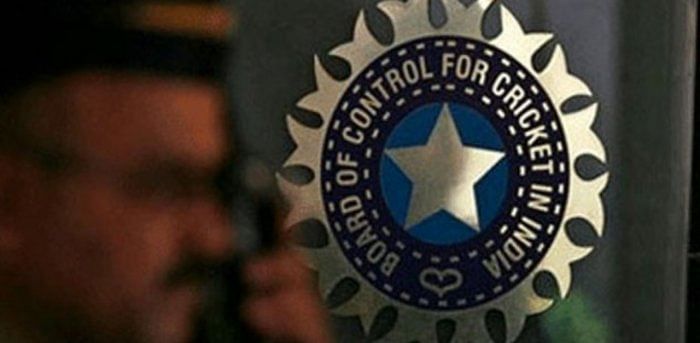
The Income Tax Appellate Tribunal made too generous an interpretation of the law to grant registration to the Board of Control for Cricket in India (BCCI) as a charitable organisation entitled to tax exemption. It was not just that the Tribunal’s interpretation was too technical, it was also blind to some facts which should have been obvious. The question to be decided was whether BCCI was a charitable or commercial organisation after the Income Tax Department rejected its claim for registration as a charitable entity. The Principal Commissioner of Income Tax held that BCCI was only making use of the charitable purpose for commercially exploiting the game of cricket through franchise agreements for conducting IPL. The BCCI had a registration as a charitable institution in 1996. But its status came into dispute when it applied for fresh registration in the wake of the amendments made in its Memorandum of Association (MoA) for incorporating the recommendations made by Justice Lodha Committee, as approved by the Supreme Court.
Under the earlier registration, BCCI was exempt from paying tax on its income as it was a body registered for a charitable purpose. But the law says that the ground of charitable purpose cannot be invoked when commercial activity is involved unless the activity promotes general public utility. The Income Tax Department’s view was that the conduct of IPL was a commercial activity and so BCCI was not entitled to tax exemption. The BCCI claimed that the commercial activity of IPL promoted cricket. The Tribunal, on appeal, granted BCCI registration on the technical ground that its objectives had not changed though amendments were made in the MoA in accordance with the Supreme Court’s recommendations. The order said that the purpose for which all the funds at the disposal of the BCCI, including additional funds generated by holding the IPL tournament, are employed is for promoting cricket.
The Tribunal’s views and conclusions are not very convincing. It took a very legalistic view to maintain that the BCCI’s status did not change when amendments were made in its MoA in 2018. Even as the Tribunal’s order does not seem to have been made on the basis of the spirit and intent of the law and a correct evaluation of BCCI’s activities, BCCI’s unwillingness to pay tax on its income is most unfortunate. It is among the richest sports bodies in the world and has thousands of crores of rupees annual income which keeps increasing every year. Rather than finding legal loopholes and excuses to avoid paying taxes, it should readily pay taxes. As a public organisation, it should set an example by doing its public duty. Hold IPL and promote cricket by all means, but also give unto Caesar what is Caesar’s.